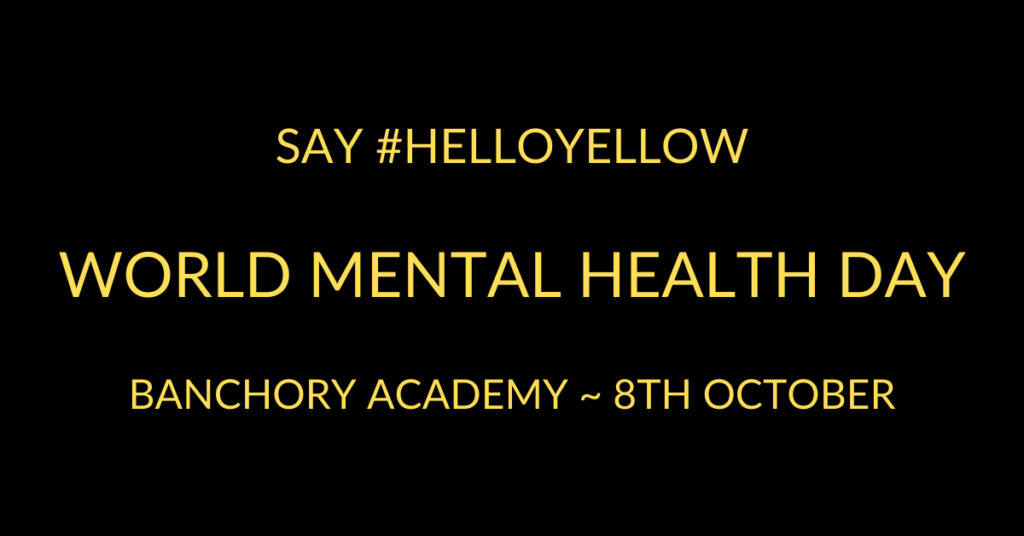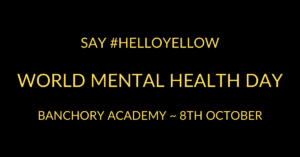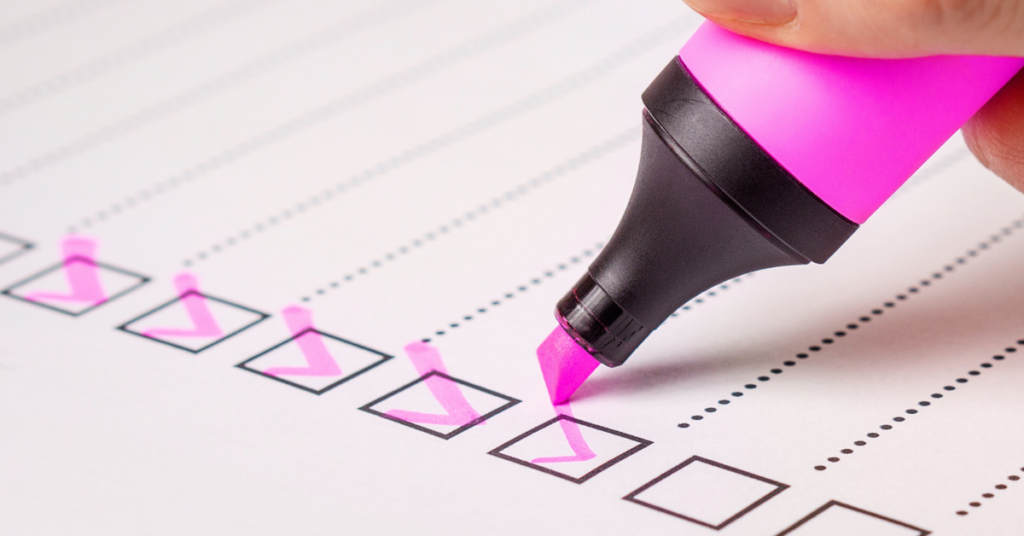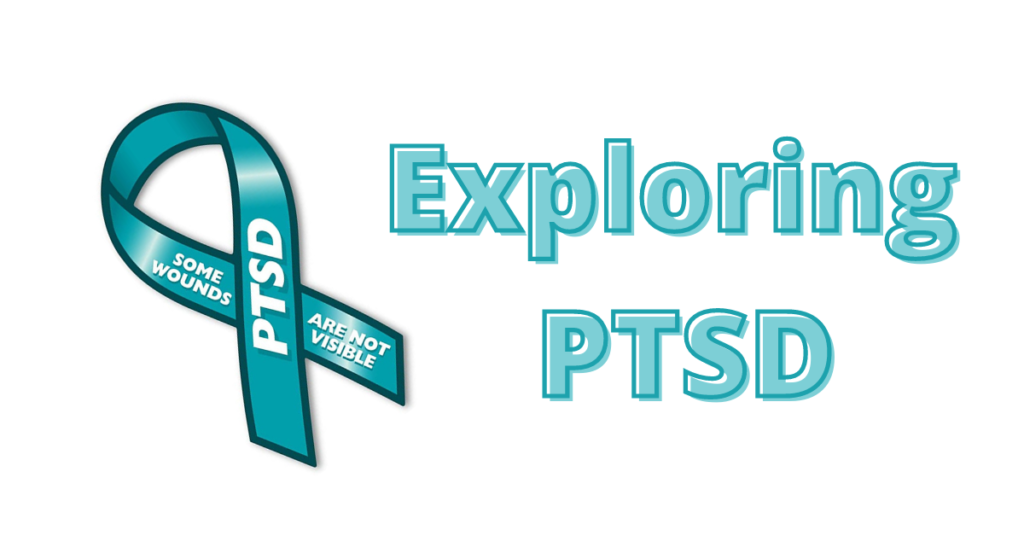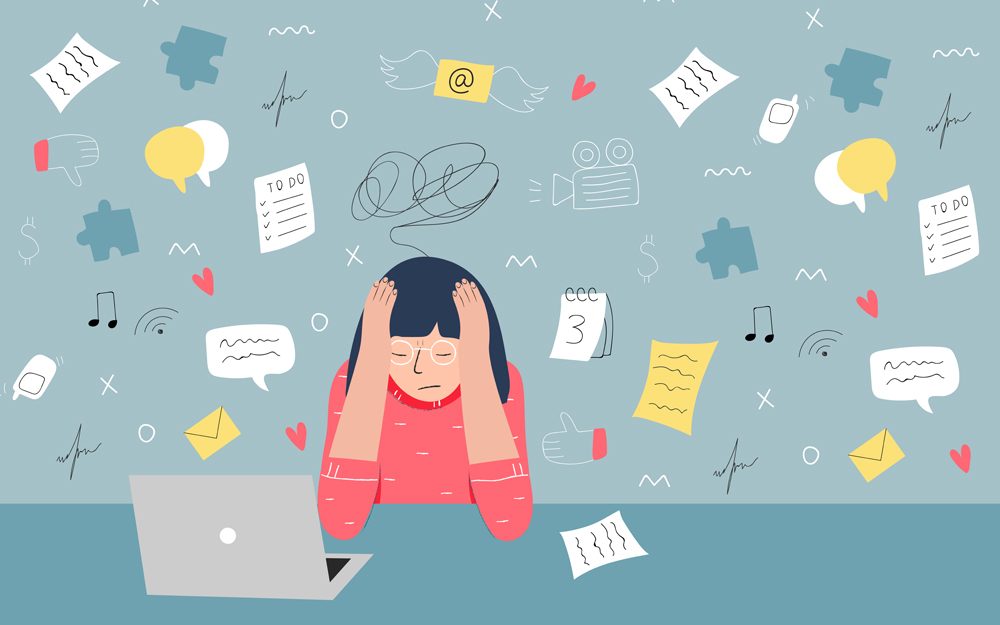This is a guest post by one of our pupils. As part of the work they did in PSE, they did some research into PTSD. Often people associate PTSD as being a condition which affects those who come from a military background but actually it can result from lots of different types of trauma. Please read on to learn more.
Post-Traumatic Stress Disorder
Post-traumatic stress disorder, or PTSD, is caused by – as its name suggests – a traumatic event that happened to an individual in their past. PTSD is a type of anxiety disorder, which makes the victim feel as if the world isn’t a safe place anymore, and it’s a place where bad things can happen.
Any situation that a person finds traumatic can cause PTSD. It can occur immediately after an event or show itself days, weeks, months, or even years afterwards. It isn’t entirely clear why this condition develops in some people while in others it doesn’t, but it’s estimated to affect one in three people who experience a traumatic event.
People who deal with more than one traumatic event, such as severe neglect, abuse or violence, may be diagnosed with complex PTSD. Complex post-traumatic-stress-disorder can cause similar symptoms to PTSD and may not develop until several years after the event. It’s often more severe if the individual experienced the event or events earlier in life, as these events can affect a child’s development.
Someone with PTSD often relives the traumatic event through flashbacks and nightmares, and may experience feelings of isolation, irritation and guilt. They may also have problems sleeping, such as insomnia, and find concentrating difficult. These symptoms are often severe and persistent enough for it to have a lasting, significant impact on a person’s day-to-day life. Some people with PTSD have long periods where their symptoms are less noticeable, followed by long periods when they get considerably worse. Others have constant severe symptoms. The specific symptoms of PTSD can vary widely between individuals, but most fall into the categories of re-experiencing, avoidance and emotional numbing, and hyperarousal.
Re-experiencing
This is the most typical symptom of PTSD. Some people have constant negative thoughts about the experience, making them ask themselves questions which stop them from coming to terms with the event. An example of this is if they wonder why the event happened to them and if they could have stopped it. This can lead to feelings of guilt and shame. This category includes:
• Flashbacks
• Nightmares
• Repetitive and distressing images or sensations
• Physical sensations, such as pain, feeling sick or trembling
Avoidance and emotional numbing
This is when the individual tries to avoid being reminded of the traumatic event. It is another key symptom of PTSD. This usually means avoiding people or events that remind them of their trauma, or directly avoiding mentioning it or talking about it. Many people with PTSD try to push away the memories of the event by distracting themselves with hobbies or work. Some people try to deal with their emotions by not feeling any at all. This is called emotional numbing. This could lead to the person becoming isolated or withdrawn, making them give up on activities they used to enjoy.
Hyperarousal
This is sometimes called feeling “on edge”. Someone with PTSD may be constantly aware of threats, easily startled, very anxious and find it difficult to relax. The state of mind that people with PTSD may experience is called hyperarousal. This often leads to:
• Irritability
• Angry outbursts
• Sleeping problems (insomnia)
• Difficulty concentrating
Many people with PTSD can also experience multiple other problems, such as other mental health conditions (like depression, anxiety or phobias); self-harming or destructive behaviour (such as drug or alcohol misuse); and other physical symptoms (such as headaches, dizziness, chest pains and stomachaches).
Children with PTSD can have symptoms like adults, such as trouble sleeping and nightmares. Other symptoms in children with PTSD include difficult behaviour, avoiding things related to the traumatic event, and re-enacting the traumatic event multiple times through play.
The primary treatments for PTSD are psychological therapies and medication. Often, the only effective treatment of PTSD is seeking professional help and fully confronting your feelings. It can be treated effectively even if it develops years after the traumatic event that caused it. The treatment depends on the severity of the symptoms and how soon they occur after the traumatic event.
Any of the following treatments could be recommended:
• Watchful waiting – monitoring the symptoms to see whether they improve or get worse on their own, without treatment
• Antidepressants – medication such as paroxetine or mirtazapine
• Psychological therapies – such as trauma-focused cognitive behavioral therapy (CBT) or eye movement desensitization and reprocessing (EMDR)
If you need support for PTSD, you have a few options. First, you can either arrange support privately, or you can request a needs assessment. The needs assessment tells you what type of care will help you and how it’ll be delivered to you. You can just get help over the telephone or get help from services who’ll provide social care and support.
Having PTSD isn’t a choice. It isn’t someone just hanging on to things and refusing to let go. People who’ve experienced trauma could develop PTSD, and this is something that makes them feel like the world isn’t a safe place anymore. But there are ways to identify it, treat it, and support those who have it. People can combat PTSD.

